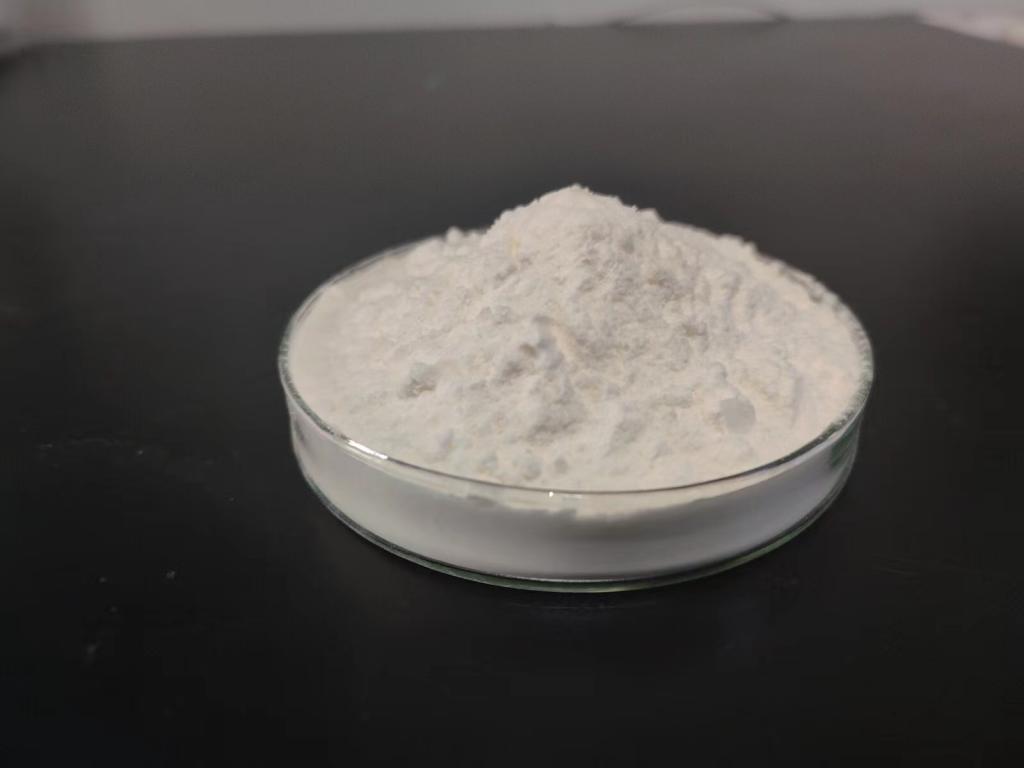Tel:+8618231198596

News
 CONTACT
CONTACT
 CONTACT
CONTACT
- Linkman:Linda Yao
- Tel: +8618231198596
- Email:linda.yao@dcpharma.cn
- Linkman:CHARLES.WANG
- Department:Overseas
- Tel: 0086 0311-85537378 0086 0311-85539701
News
Can the ε-Polylysine hydrochloride used in non-food applications?
TIME:2023-07-14
Antimicrobial Efficacy of ε-Polylysine Hydrochloride:
ε-Polylysine hydrochloride exhibits potent antimicrobial activity against a broad spectrum of microorganisms, including bacteria and fungi. Its ability to inhibit microbial growth makes it a valuable ingredient in non-food applications where microbial contamination can be a concern, such as personal care products and pharmaceuticals.
Personal Care Products:
a. Skincare: ε-Polylysine hydrochloride can be incorporated into skincare products such as creams, lotions, and serums to help inhibit the growth of microorganisms, extending the product's shelf life and ensuring product safety.
b. Oral Care: In oral care products, ε-Polylysine hydrochloride can contribute to maintaining oral hygiene by controlling microbial growth, potentially reducing the risk of oral infections and maintaining product stability.
c. Cosmetics: ε-Polylysine hydrochloride can be used in cosmetics, including makeup products, to prevent microbial contamination and preserve the integrity and safety of the products.
Pharmaceutical Applications:
a. Preservative: ε-Polylysine hydrochloride serves as a natural preservative in pharmaceutical formulations, preventing microbial proliferation and maintaining the integrity of the products during storage.
b. Antimicrobial Coating: ε-Polylysine hydrochloride can be used as a coating material for medical devices and implants to inhibit bacterial colonization, reducing the risk of infections associated with these devices.
c. Drug Delivery: ε-Polylysine hydrochloride has been explored for drug delivery applications due to its biocompatibility and antimicrobial properties. It can be used to enhance the stability and efficacy of drug formulations, providing controlled release and targeted delivery.
Formulation Considerations:
In non-food applications, formulation considerations are crucial for the successful incorporation of ε-Polylysine hydrochloride. Factors to be considered include the compatibility of ε-Polylysine hydrochloride with other ingredients, stability under varying pH and temperature conditions, and optimization of dosage levels to achieve the desired antimicrobial efficacy without compromising product quality or safety.
Regulatory Considerations:
Regulatory bodies such as the U.S. Food and Drug Administration (FDA) and the European Medicines Agency (EMA) have established guidelines for the use of ingredients in personal care products and pharmaceuticals. Manufacturers should comply with these regulations and ensure that ε-Polylysine hydrochloride is used within approved usage limits and meets the required safety standards.
Benefits in Non-Food Applications:
a. Extended Shelf Life: The antimicrobial properties of ε-Polylysine hydrochloride contribute to the extension of product shelf life, reducing the risk of microbial contamination and product spoilage.
b. Enhanced Product Safety: ε-Polylysine hydrochloride helps maintain the microbial integrity of personal care products and pharmaceuticals, minimizing the risk of infections or deterioration caused by microbial growth.
c. Natural and Biodegradable: ε-Polylysine hydrochloride is a natural and biodegradable ingredient, aligning with the growing demand for environmentally friendly and sustainable products in non-food industries.
d. Reduced Dependence on Synthetic Preservatives: The use of ε-Polylysine hydrochloride offers an alternative to synthetic preservatives, addressing consumer concerns while maintaining product quality and safety.
Research and Development:
Continued research and development in non-food applications of ε-Polylysine hydrochloride are essential to explore its full potential. Further studies can focus on optimizing formulation strategies, evaluating its efficacy against specific microbial strains, and investigating its interactions with other ingredients to enhance its application in personal care products and pharmaceuticals.
Conclusion:
ε-Polylysine hydrochloride, known for its antimicrobial properties in the food industry, demonstrates versatility and benefits in non-food applications such as personal care products and pharmaceuticals. Its ability to inhibit microbial growth, extend shelf life, and enhance product safety makes it a valuable ingredient. With appropriate formulation considerations and adherence to regulatory guidelines, ε-Polylysine hydrochloride can contribute to the development of effective and safe non-food products, meeting the evolving needs of consumers in the personal care and pharmaceutical industries.
- Tel:+8618231198596
- Whatsapp:18231198596
- Chat With Skype







